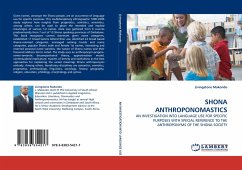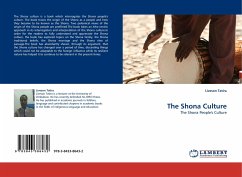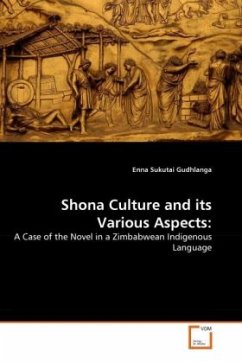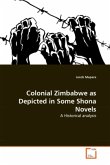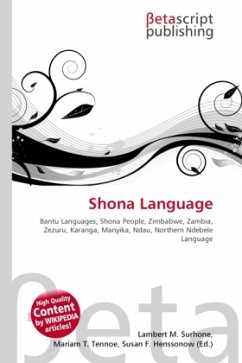Given names, amongst the Shona people, are an occurrence of language use for specific purposes. This multidisciplinary ethnographic 1890-2006 study explores how insights from pragmatics, semiotics, semantics, among others, can be used to glean the intended and implied meaning(s) of various 1st names. Data was gathered from 6 sources predominantly from 7 out of 10 Shona speaking provinces of Zimbabwe. This book recognizes current dominant given name categories, established 11 broad factors behind their use, identified 24 broad based theme-oriented categories, envisaged naming trends and name categories, popular Shona male and female 1st names, interesting and reserved personal name varieties, the nature of Shona names and their favoured address forms noted. The study uses an anthroponym-pragma-semio-semantic decompositional theory, approximation model, contextualized implicature, maxims of brevity and tactfulness as the best approaches for explaining the varied meanings Shona anthroponyms embody. Among others, beneficiary disciplines are semantics, semiotics, pragmatics, anthropology, linguistics, sociology, history, geography, religion, education, philology, morphology and syntax.
Bitte wählen Sie Ihr Anliegen aus.
Rechnungen
Retourenschein anfordern
Bestellstatus
Storno

